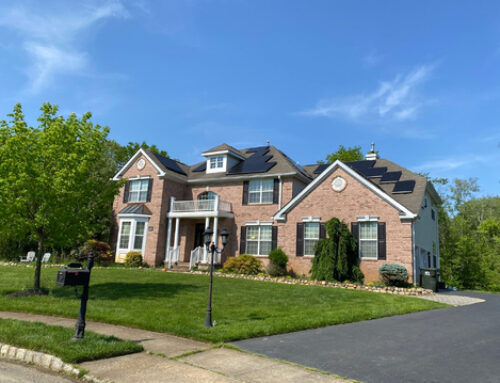Olmsted County commissioners reject $100K financing requirement for cannabis retailers
April 16, 2025
ROCHESTER — A proposal requiring potential Olmsted County cannabis retailers have access to $100,000 in start-up funds appears to have been nixed.
“This will discourage many people from diverse communities,” county commissioner Bob Hopkins said of a proposal for local registration requirements.
He said the funding requirement could run counter to state goals related to social equity, which seek to prioritize business applications from residents harmed by past marijuana prohibition.
The local $100,000 financing requirement was proposed with
a planned ordinance revision
laying out steps for selecting licensed cannabis retailers to be registered by the county.
Commissioners capped the number at 14 last year.
With county officials expecting applications will exceed the cap, county commissioners decided in March to use
a local lottery to select registrants
once the state’s Office of Cannabis Management issues all retail-related licenses later this summer.
Cannabis Ordinance Proposal by randy on Scribd
With the OCM announcing the publication of the final cannabis rules this week, the process of issuing licenses is starting, with some issued in unlimited numbers and others facing state-level lotteries this summer.
The state rules, however, don’t provide guidance on how cities and counties should register businesses when numbers are capped.
“OCM didn’t give us any standards to follow,” Senior Assistant Olmsted County Attorney Tom Canan said.
With the planned local limit, Canan said county staff reviewed ordinances from cities and counties in other states, where recreational cannabis has been legal for years.
Following that review, they decided to recommend that businesses be required to show they have access to $100,000 in funding to support a new business.
“This is a process we don’t know a whole lot about, but you need to have a fair amount of access to capital to get a brand-new cannabis (business) up and running,” Canan said.
“We want to establish a market hopefully that’s relatively stable,” he added. “Having failing businesses right out of the blocks just doesn’t seem like something you want to have. It’s going to mean more time for staff to pull up the next one they have to approve.”
Commissioners, however, said the bar was too high and didn’t provide enough flexibility for business owners.
“I don’t think we are to judge what’s a good business plan, what’s going to make it run,” County Board Chairman Mark Thein said, pointing out similar requirements aren’t put on businesses seeking a liquor license.
Hopkins said state and local requirements calling for businesses to have a lease, mortgage or related agreement for an eligible business location provides evidence the owner have been working on an established plan.
“It gives the county something to look at,” he said.
Commission Michelle Rossman said the registered businesses will have time to work out final details, if selected for registration.
“They will have six months to figure out how they cashflow this thing and establish themselves,” she said.
If a business cannot open within six months, Olmsted County Public Health Associate Director Sagar Chowdhury said a potential extension could be sought, or the county could turn to other license holders, who will be identified during the lottery.
The date for the lottery has not been set, but Chowdhury said a 30-day application period will be held once the various state retail licenses are issued.
Canan said the county lottery is expected to be conducted by an outside firm to prevent potential conflicts. It’s also expected to involve the drawing of pre-printed cards from each entered business.
“You can compare it to bingo or something along those lines,” Chowdhury said, stating the use of technology could spur concerns about fairness.
Once 14 businesses are identified to receive the first registrations, Chowdhury said five alternates will be selected to avoid the need for a second drawing if a registered business fails to open.
While the $100,000 requirement has been dropped, businesses will need a confirmed state license to enter the lottery, along with a completed background check and proof of the ability to operate in its proposed location.
The proposed ordinance revision, which is tentatively slated for a May 6 public hearing, also bars multiple applications or transfer of registrations, requiring a request to be made by a qualified business owner.
Canan said once Public Health staff review the registration applications, the list of eligible businesses is expected tol be presented to commissioners for final approval of the lottery. Comparing it to liquor licenses, he said commissioners will have limited options beyond approval of the list.
“There shouldn’t be any discretion in this, because it’s a lottery,” he said. “Public Health will determine whether they met the requirements to receive a registration.”
Search
RECENT PRESS RELEASES
Related Post



